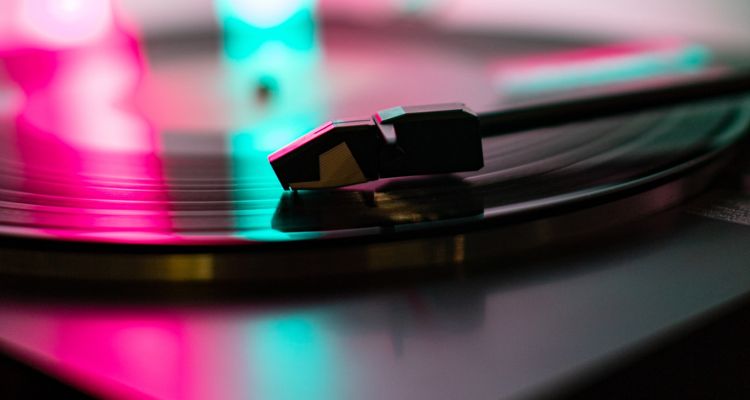Photo Credit: Karl Hörnfeldt
Last August, self-described audiophile “reissue label” Mobile Fidelity Sound Lab (MFSL) was named in multiple class-action complaints for allegedly making misrepresentations about its mastering process. Now, a judge has approved a preliminary multimillion-dollar settlement despite objections from some customers.
Judge James L. Robart just recently signed off on the settlement proposal, legal documents obtained by Digital Music News show. As highlighted, the courtroom confrontations kicked off back in August of 2022, when plaintiffs from several states submitted complaints concerning the “Original Master Recording” label that Mobile Fidelity Sound Lab had attached to its vinyl products.
Of course, the identifier suggests that the items in question had been created directly from the appropriate analog masters, without being sourced from digital like so many other vinyl releases today. But MFSL, the complaints alleged, had for over a decade been incorporating “direct stream digital” into its production process – simultaneously misrepresenting as much and charging a premium for the vinyl at hand.
Meanwhile, Mobile Fidelity president Jim Davis promptly apologized “for using vague language, allowing false narratives to propagate, and for taking for granted the goodwill and trust our customers place in the Mobile Fidelity Sound Lab brand.” Needless to say, though, these remarks did little to assuage the criticism of irked customers or to stem the tide of related litigation.
MFSL sales records show that north of 634,000 of the “Original Master Recording” or “UltraDisc One-Step” products were sold between mid-March of 2007 and late July of last year, specifically including around 25 percent directly to customers and 75 percent via retailers like Walmart.
As written, the proposed settlement would enable each of the stateside “original retail consumers” – expressly excluding those who purchased but no longer own the items – to receive a full refund should they choose to make a return. (An estimated 20,000 of the persons bought straight from MFSL, with at least as many having purchased from retailers.)
Alternatively, the class members could opt to keep the products (which may fetch more than their original sale prices on the open market) in exchange for a five percent refund or a MFSL coupon equaling 10 percent of the amount spent. Eligible shoppers would be able to mix and match the options, selecting a coupon (expiring 180 days thereafter) for one record and a refund for another, but must in any event “show both proof of purchase and proof of ownership.”
Lastly, in terms of pertinent background details, the initial case’s two named plaintiffs would receive $10,000 apiece, whereas their counsel would receive “no more than $290,000” in legal fees. In opposing the proposed settlement, the aforementioned intervenors maintained, among other things, that these legal fees are too high and that the framework “provides inadequate relief” to class members.
Judge Robart rejected the associated arguments, however, finding the attorneys’ fees reasonable (“one of the lower proposed fee awards this court has encountered in a class action settlement”) and indicating that the “proposed settlement lacks the hallmarks of a reverse auction.”
Similarly, the presiding judge wasn’t persuaded by intervenor complaints that the full-refund claims process would be “overly cumbersome” or about the purported drawbacks of the exclusion of those who no longer possess the vinyl. Likewise refuted was the argument that “the cash and coupon components of the proposed settlement provide inadequate relief because they do not compare favorably to” potential liability at trial.
Class members will have until September 21st of this year to submit their claim forms, and a final approval hearing has been scheduled for October 30th.

